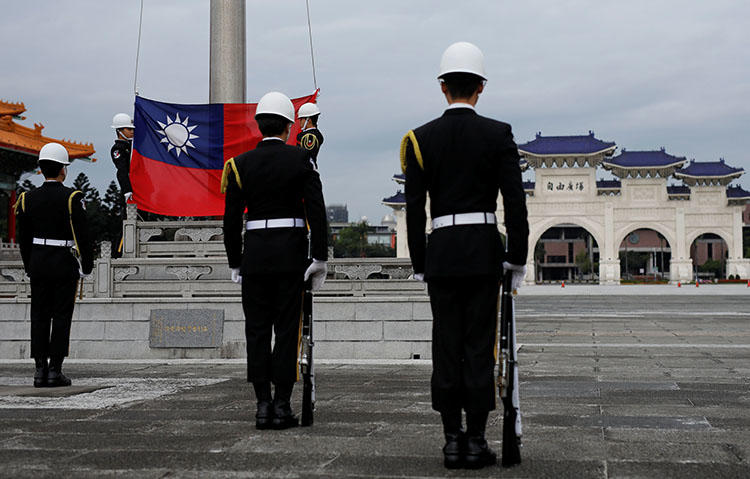Taipei, June 13, 2018–The Committee to Protect Journalists today called on Taiwan’s parliament, known as the Legislative Yuan, to reject a proposed amendment that would make spreading fake news punishable by imprisonment or a fine.
On June 9, lawmaker Chih-Wei Chiu and his colleagues in the ruling Democratic Progressive Party proposed adding a clause to the Social Order Maintenance Act that would penalize those who spread fake news on the internet with up to three days in jail or a fine of up to $30,000 New Taiwan dollars (US$1,000), according to news reports.
If passed, the proposed amendment would extend Article 63 of the Social Order Maintenance Act, which already carries fines and prison terms for anyone found guilty of “spreading rumors in a way that is sufficient to undermine public order and peace.”
“In a true democracy the government doesn’t get to decide what is news and what isn’t,” said CPJ Deputy Executive Director Robert Mahoney from New York. “Parliament should resist the temptation to criminalize reporting that officials dislike and show its commitment to Taiwan’s vital free press.”
Chiu’s office told CPJ on June 12 that the proposed bill is assigned to the government’s Internal Administration Committee for review. The committee will consult with experts and stakeholders before deciding whether to present it back to parliament. Chiu’s office said the proposed bill could be back to parliament for the first of three readings in mid-September.
In an interview with the Chinese-language newspaper Apple Daily, Chiu said that his proposal is not intended to obstruct press freedom and that he will adhere to peoples’ responses to the bill.
Taiwan has one of the most open press environments in Asia, according to a 2017 Freedom House report. However, politicians sometimes bring libel suits against political commentators and media personalities. On January 9, 2018, the high court ordered Clara Chou, host of “Chou Chou Breakfast” on the privately owned pop radio station Hit FM, to pay former president Ma Ying-jeou $1,800,000 New Taiwan dollars, issue an apology in four major newspapers, and pay a fine of $50,000 New Taiwan dollars or serve 50 days in prison for alleging that Ma accepted illicit donations, according to reports. Chou said that she plans to appeal, according to news reports.
